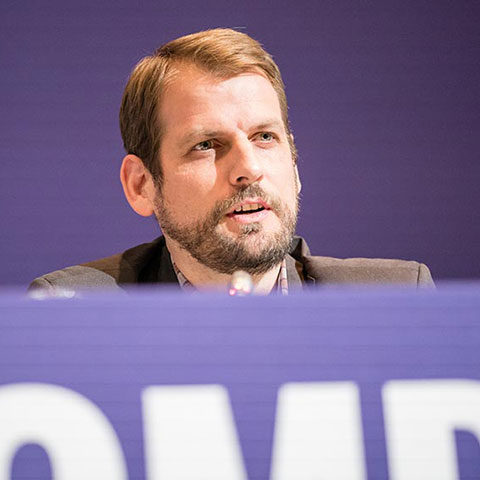
To harm or to heal: the power of words
Mathias Duck, Chair of the ILEP Panel of Men and Women Affected by Leprosy, shares his personal perspective on why it is important not to use the ‘L’ word
Words have power.
Sometimes we give them more power than they should have.
Sometimes we underestimate their power.
Power to encourage or power to discourage.
It’s not just how it is said, but how it is heard and perceived.
The ‘L’ word carries thousands of years of baggage, negative images, preconceived notions, prejudice, myths and stigma. It perpetuates these images, labels people affected and degrades us.
It’s not always meant that way, but that is the effect. It’s part of the English language, part of some laws (in some countries) and part of sacred texts. This makes it even more complex, because the use of the term is enabled and perhaps even blessed.
When we try to reduce stigma, language is important. It is not magic, in the sense that getting rid of the ‘L’ word will eliminate stigma automatically. However, it is a crucial step. In Paraguay this has happened with people living with HIV. A deliberate effort was made to avoid a discriminatory word, while at the same time providing people with respectful alternatives. Over time it helps to change people’s perception.
Words can degrade, but they can also contribute to a sense of dignity and respect.